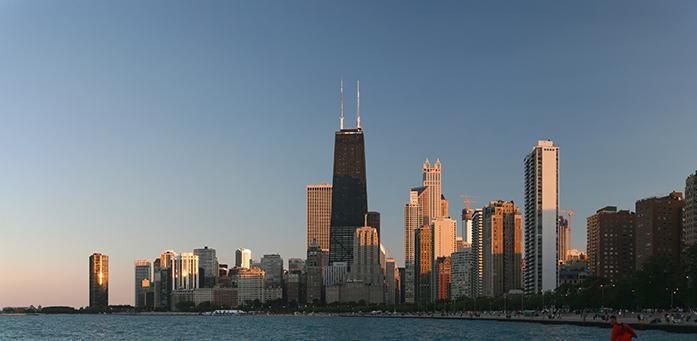Samuel Studer
Samuel-studer@uiowa.edu
From Dec. 9-11, the Chicago Teachers Union voted to allow its leader to call a strike. Teachers all over Chicago voted over the course of those three days last week, and 88 percent of teachers were in favor of the strike, according to the New York Times.
The Chicago Teachers Union represents almost 30,000 teachers and staff. The strike is in response to the city’s proposed changes that would result in a 12 percent pay cut for members of the union.
Because the strike would begin in 2016, this would be the union’s second strike in four years, sending a message that cannot be ignored. In 2012, teachers decided to strike for the first time in almost 25 years. Jesse Sharkey, the vice president of the teachers union, said in a statement Monday, “Do not cut our schools, do not lay off educators or balance the budgets on our backs.” Before teachers would go on strike, there would be mediation between the union and city officials.
If a strike were to take place, almost 400,000 students would be affected, and classes would come to a halt. Many teachers’ contracts expired in June, and negotiations have been stalled. Talks of layoffs have occurred with a $500,000,000 budget shortfall.
This should threaten a district that is planning on cutting so many jobs. A strike is still a ways off; it would not occur until late spring 2016, because even after a strike has been announced, there are still quite a few steps to take. That includes making a panel to try to help solve the problem.
School officials still want to try to find a solution that does not affect the education of so many students. Many blame the leadership changing so much at Chicago public schools. In October, former CEO of the school system Barbara Byrd-Benner admitted she was guilty in taking thousands of dollars in bribes. This was in return for giving almost $23 million in contracts to her old employer.
Rather than strike, the union should focus on trying to find a solution with the Chicago school administrators. A strike is a very selfish thing to do. It may solve a few problems, but it will harm the education of many students. All the facts should be considered before a strike is called.
Teachers and staff in Seattle went on strike in September, and they were able to get the raises that they had hoped for. Yet, a strike would have serious consequences. At the same time, Chicago should look into other alternatives before it decides to lay off teachers.
Chicago spends tons of money on the revitalization of the Riverwalk when the schools are not funded. Money should be focused toward education before the restoration of the city. It is also not acceptable for officials to slow down talks for teacher’s contracts. Teachers do so much for the schools, and they deserve to have fair contacts. For now, the financially struggling school system has some tough choices to make.
Does it hurt the education of thousands of students, or does it renegotiate contracts with teachers? The answer seems easy. Hopefully, Chicago Public Schools can make the right decision.



